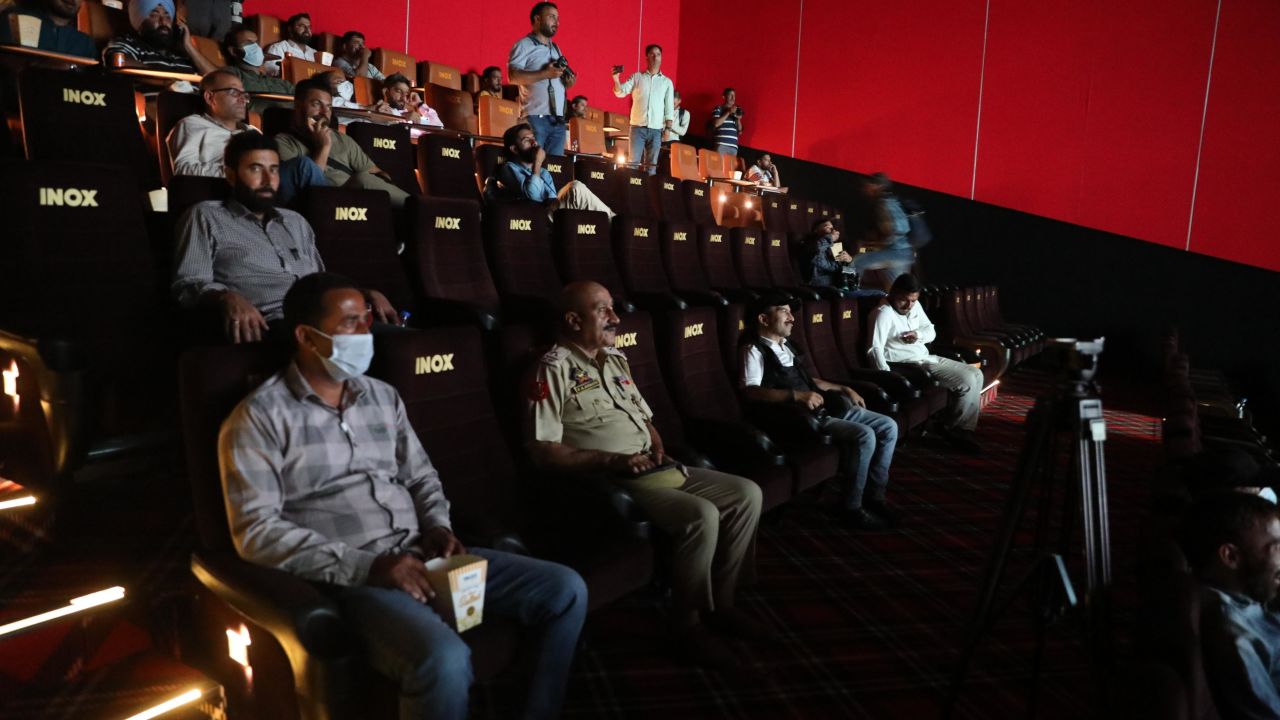Since the independence and partition of India, Kashmir has been known to be one of the most turbulent places in the subcontinent.
During the Indian partition of 1947, Maharaja Hari Singh and the constituents of the princely state of Jammu and Kashmir found themselves in a rather difficult situation – either join Hindu-majority India, Muslim-majority Pakistan or remain independent. At first, Maharaja Hari Singh shrug off the news of partition until the invasion of Pashtun tribes from the new Pakistani regions formally recognized as Sindh and Balochistan.
Upon the impending defeat, Maharaja Hari Singh appealed to India for support which came to be a wildly unpopular move amongst the growing Muslim majority in the region. Then Prime Minister and one of the founding members of the Indian National Congress Party, Jawaharlal Nehru was ready to send Indian troops into Jammu and Kashmir almost immediately but not until Maharaja Hari Singh first acceded his territory to India.
This accession triggered the first Indo-Pak war in which India emerged victorious, successfully defending most of the contested territory, including the Kashmir valley, Jammu, and Ladakh. However, India’s victory didn’t come with a guarantee of peace and normalcy for the local residents as the Valley continued to be a heavily disputed region between India and Pakistan — and a large hub for militancy.
Ban on Cinema
Cinema halls were among the first casualties by the rising insurgency in the Valley. In August 1989, a lesser-known militant group by the name of Allah Tigers announced a ban on theaters and bars in the region through local newspapers. After a decade of genocide, forced conversions and exodus of the indigenous Kashmiris, films were also branded “unIslamic” by extremists who called for an Islamic uprising, adopting the slogan from the 1979 Iranian Mullah revolution.
Eerily similar to the news of partition back in 1947, the indigenous population of Jammu and Kashmir didn’t pay much attention to these threats until cinema halls were set on fire forcing a ban in December 1989. It wasn’t until 1999, a decade later, Regal Cinema attempted to reopen in Srinagar but the reopening was short-lived as militants threw a grenade into a group of people in the theater killing one and injuring 12.
Decades later in 2017, the ruling Bharatiya Janata Party (BJP) called for the reopening of theaters in Kashmir in an effort to bring life and joy back into the Valley. This move was heavily supported by then-Chief Minister Mehbooba Mufti, however, the move was still heavily opposed by separatists in the region.
The Return of Cinema
After a two decade drought, cinemas have officially returned to the Kashmir valley.
The lieutenant governor of Jammu and Kashmir, Manoj Sinha, inaugurated the region’s newest cinema on Tuesday, in a ceremony marked with much hype and fanfare.
“(The opening) is a reflection of a new dawn of hope, dreams, confidence and aspirations of people,” Sinha told reporters outside the theater in Indian Kashmir’s largest city, Srinagar, calling it a “historic” day, according to the Press Trust of India.
The theater held a special screening of the film “Lal Singh Chaddha,” a Bollywood remake of “Forrest Gump,” that stars two of India’s biggest superstars, Aamir Khan and Kareena Kapoor Khan. The movie theater will open to the public on September 30, according to businessman, Vijay Dhar, who has partnered with Indian cinema chain Inox Leisure Ltd., to open the theater in Srinagar.
Since the removal of Article 370, the Modi-led government has pledged to introduce a series of policies that it claims will bring development to the region. Last year, the government implemented a policy aimed to promote Indian-controlled Kashmir as a popular filming destination.
“A well-nurtured film industry can be a major source of wealth creation, employment generation and effective tool and platform for preservation of culture and expression of the people of Jammu and Kashmir,” it said. “The industry can promote Jammu and Kashmir’s potential as an investment and tourist destination.”
Movies, film and television have been a wide source of joy and entertainment for millions across the globe. With Bollywood being one of the largest film industries in the world, filmmakers and filmgoers can only hope the spoils of cinema are here to stay with the people of Kashmir.





























